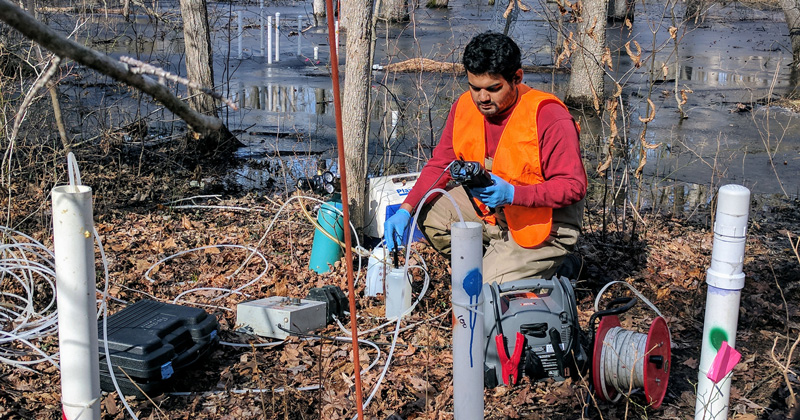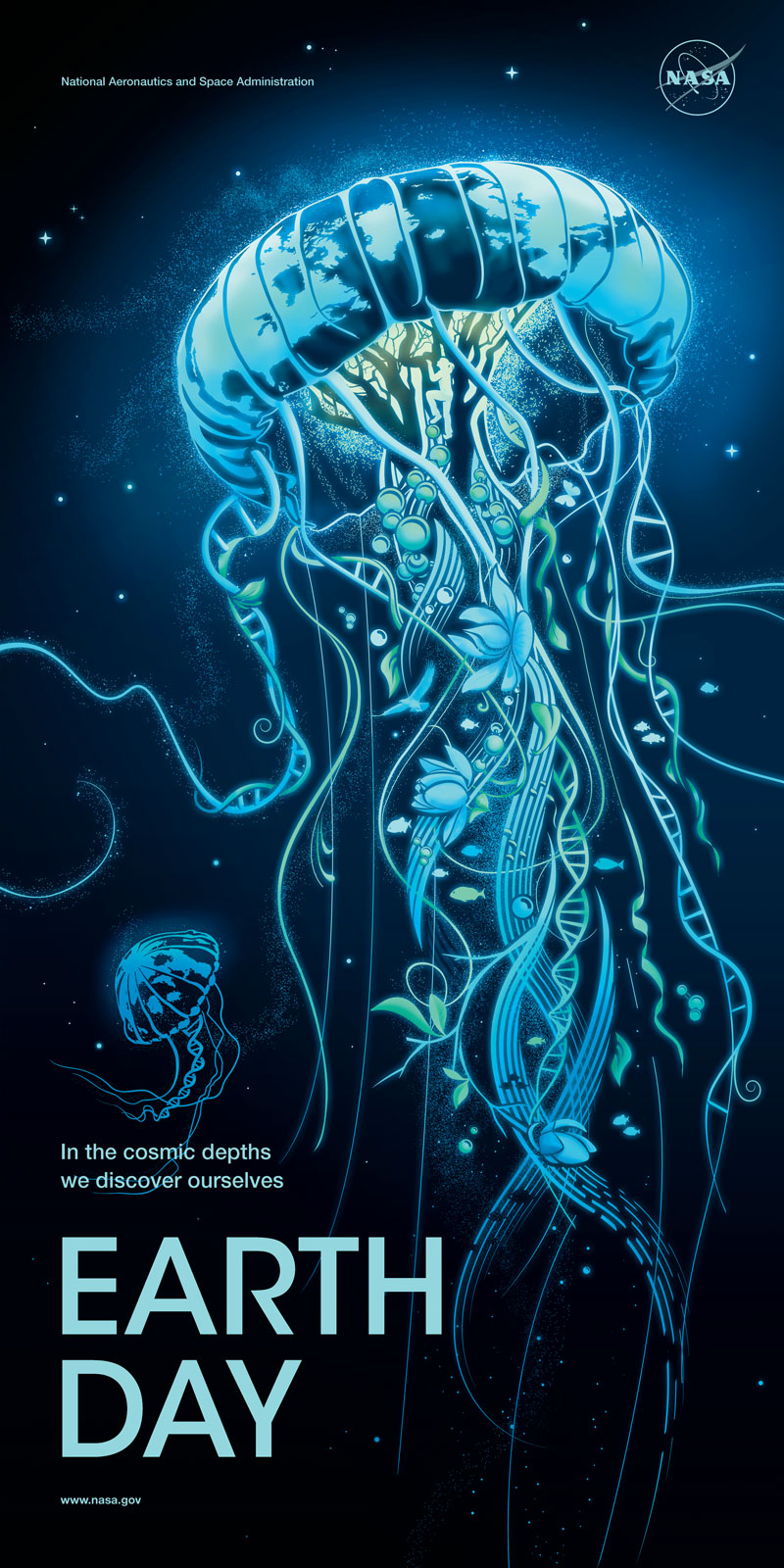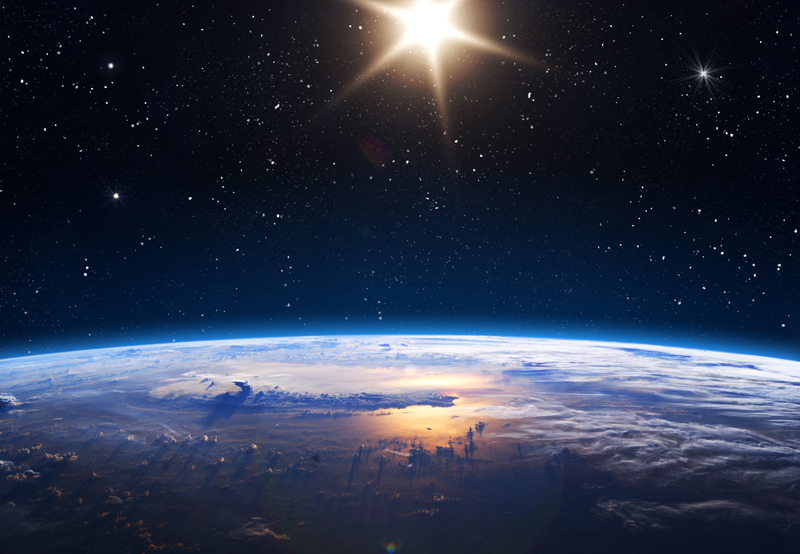


Earth Day: Mohammad Afsar
Photos by iStock and courtesy of Mohammad Afsar | Illustration courtesy of NASA April 22, 2019
Delaware Environmental Institute Fellow tracks carbon chemistry in wetlands soils
Soil and water, nutrients and elements. Knowing how they mix is part of how humans survive on Earth.
“If we know more about the interactions between soil minerals and organic matter, we can begin to answer so many other questions, like how are essential nutrients such as dissolved organic carbon, phosphorus, and nitrogen transported and cycled into the deeper soil profile, and from wetlands to downstream water bodies,” said Mohammad Afsar.

Afsar, a Delaware Environmental Institute (DENIN) Fellow, is working with Prof. Yan Jin in the University of Delaware’s Department of Plant and Soil Sciences, within the College of Agriculture and Natural Resources, to understand the interactions between colloids and soil organic matter under seasonal wet and dry conditions. The research is a part of a seven-state Mid-Atlantic/Northeast project. Afsar’s research site is a Delmarva Bay freshwater wetland in Blackbird State Forest, Delaware. He collects soil pore water samples along a transect from upland to wetlands and at different soil depths to study the molecular composition of both the soil colloids and organic matter.
The research will improve our understanding of how organic matter is released and transported in these environments. Wetlands cover only 8–10 percent of the world’s land surface, but they store 20–30 percent of global soil carbon.
“Seasonal wetlands, such as those along Delmarva Bay, are ideal ecosystems for better understanding the effects of climate change on other permanently flooded wetland soils,” Afsar said. Therefore, he is confident that his work will help us understand the effect of climate change on the stability of soil organic matter.
Afsar earned his bachelor’s and master’s degrees from the University of Dhaka, Bangladesh. He came to UD to work with Jin, whose research he heard about while he was a faculty member in the Department of Soil Science at the University of Chittagong, Bangladesh. Before that, he worked at the International Rice Research Institute to mitigate the problem of arsenic accumulation in rice, the staple food of Bangladesh.
After completing his doctorate, perhaps by the end of 2019, Afsar said he hopes to find a postdoctoral research position then to work in academia or a research institution.
Afsar treasures the time he spends with his wife and 3-year-old son. After Afsar spoke at the Soil Science Society of America meeting in San Diego in January 2019, the family enjoyed a road trip through the Southwest, stopping in Los Angeles, the Grand Canyon, and Death Valley, among other places.
“This research is intensive,” said Afsar. “You have to make time to refresh yourself.”

Contact Us
Have a UDaily story idea?
Contact us at ocm@udel.edu
Members of the press
Contact us at 302-831-NEWS or visit the Media Relations website

